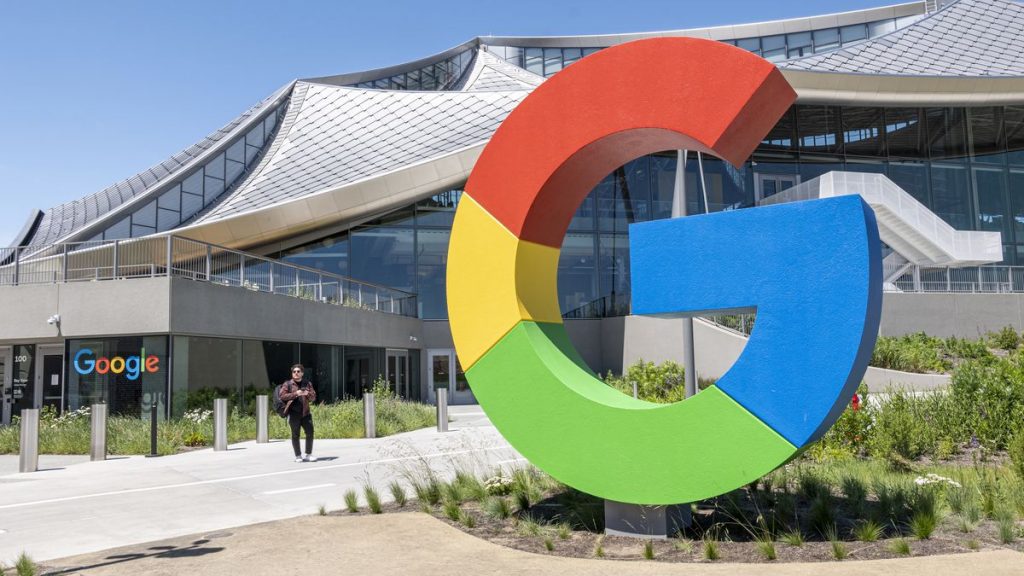Robin Khokhar
Robin Khokhar is an SEO specialist who mostly writes on SEO. Thus sharing tips and tricks related to SEO, WordPress, blogging, and digital marketing, and related topics.
To increase ad transparency and protect consumers from deceptive ads, Google is launching a new “Limited Ads Serving” policy. This strategy targets...

To increase ad transparency and protect consumers from deceptive ads, Google is launching a new “Limited Ads Serving” policy.
This strategy targets unknown or obscure advertisers whose ads may be more likely to be phishing scams or misrepresent themselves.
To reduce the likelihood that consumers would come across misleading advertising content. Google will limit how frequently these types of ads are displayed across its platforms under the new protocol.
A probationary term will apply to advertisers under Google’s new policy if Google has only had little past experience with them. The number of ad impressions that advertisers’ campaigns can produce during this period may be limited.
This policy will first be in effect when advertisers undertake marketing campaigns that are directed at certain companies. Particularly when it’s not clear whether the advertiser has an official affiliation with the brand being targeted.
Google thinks this new policy would enhance the user experience by guaranteeing to advertisements come from authorized advertisers. And advertisers with a track record of abiding by rules and being open.
By way of illustration, if a user searches for flights on their favorite airline. This strategy would lead to the majority of the adverts they see coming from that airline. Its rival airlines, nearby hotels, and other advertisers with a history of abiding by policies.
Advertisers require this compliance history to build a solid track record and avoid impression caps. Advertisers that are materially impacted by this policy will be advised of their options and given pointers on how to qualify.
Google also provides straightforward advice for marketers who want to make obvious ads, such as linking their URL to the ad title, especially if they are not a well-known company.
Google claims that its platform’s advertising won’t be blocked or removed as a result of the new policy. Any restrictions, however, will only be put into effect under specific circumstances. Such as when an advertiser’s brand name is confusingly similar to that of another business.
The policy will be implemented gradually and with adjustments to make sure it achieves its goals.
Suggested:
Webpages Load Faster Thanks to An Experimental Feature From Google.